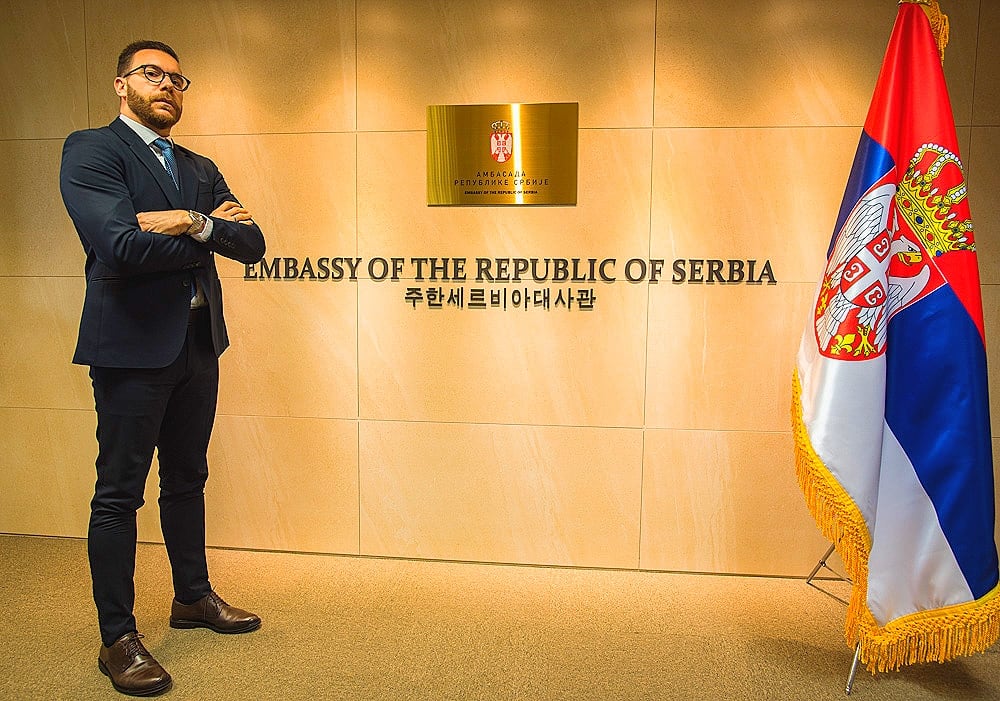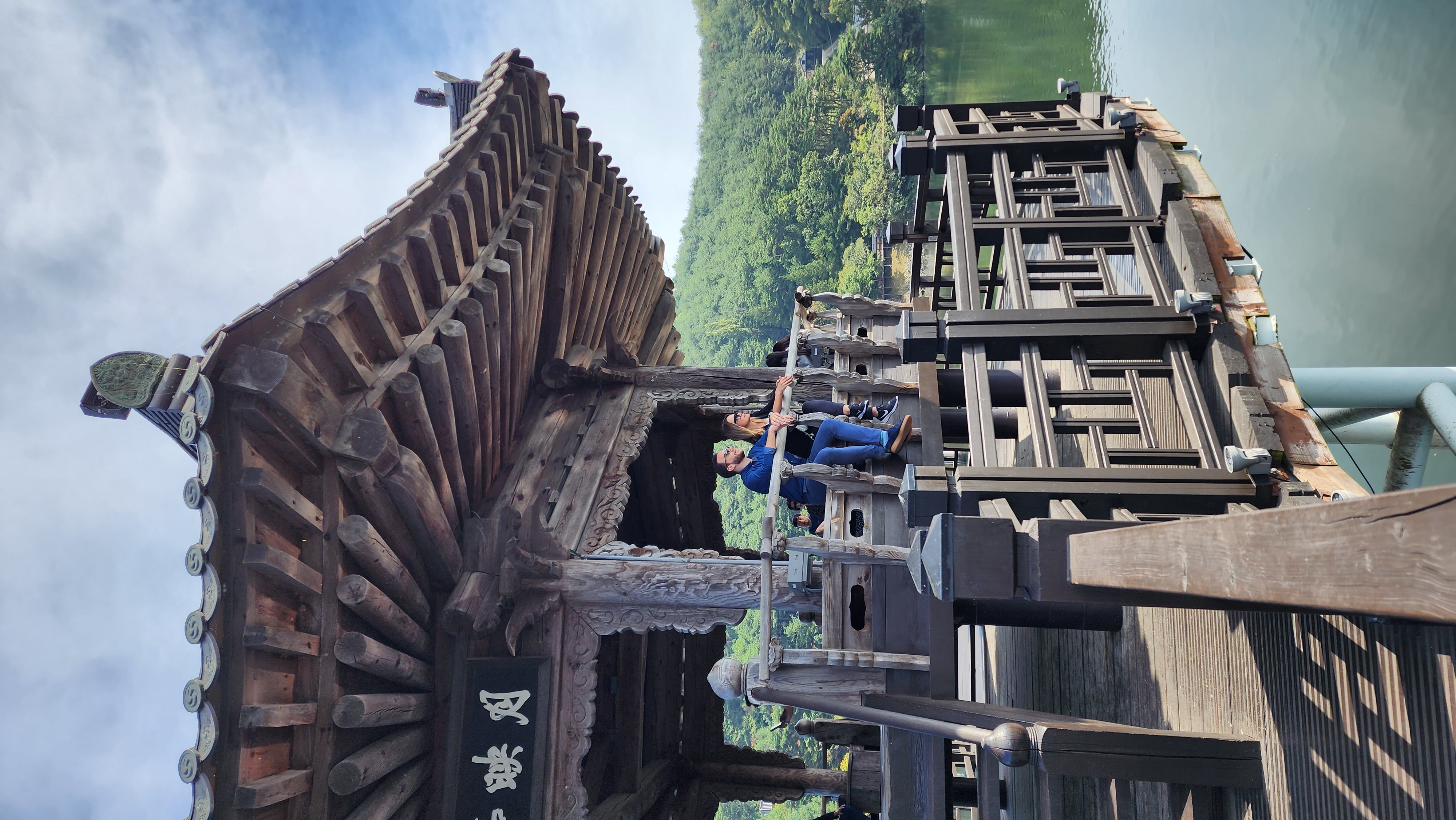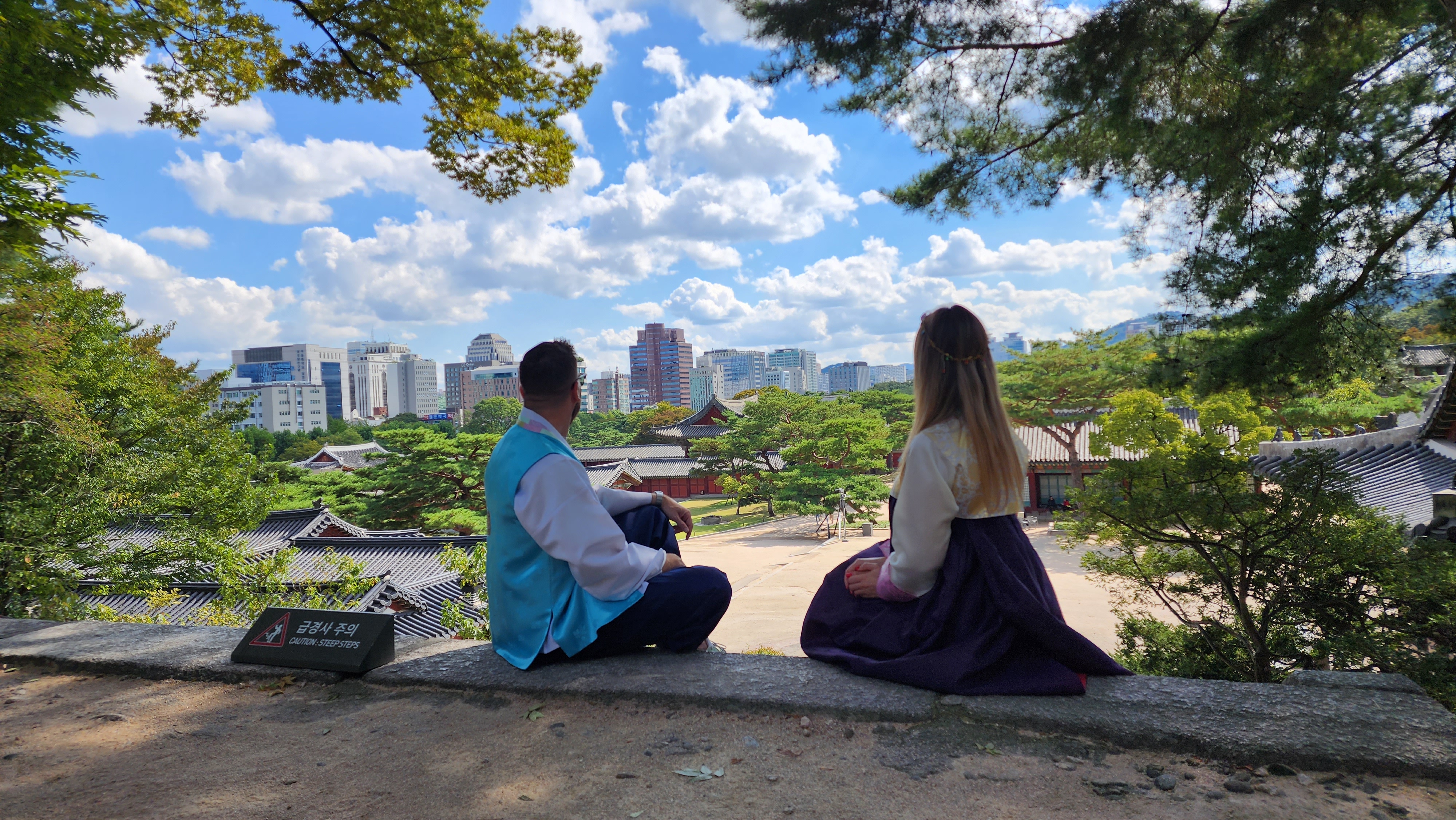- 한국어
- English
- 日本語
- 中文
- العربية
- Español
- Français
- Deutsch
- Pусский
- Tiếng Việt
- Indonesian
By Honorary Reporter Dijana Vucic from Serbia
Photo by Nemanja Grbic

Serbian Ambassador to Korea Nemanja Grbic
Serbian Ambassador to Korea Nemanja Grbic is a big fan of Asia. Having spent 15 years in his country's foreign service, he received part of his education in Korea and Japan and has served as consul at the Serbian Embassy in Tokyo and general secretary of the National Commission of the Republic of Serbia for Cooperation with UNESCO. He assumed his present job in 2021 and lives with his family in Seoul, a city he said he has loved since his first visit 10 years ago.
The following are excerpts from a Feb. 20 email interview with the ambassador.
What are your impressions of Korea?
Korea is a modern, highly organized and extremely innovative country that can serve as a global example of rapid but stable development in politics, economy and society after a period of devastation and poverty caused by war. As the only country that went from being a recipient of official development aid to a donor, Korea is a bright example for our country in conducting further social and government reforms and economic empowerment.
I especially like Korea's sportsmanship and the way Koreans take care of themselves and their health through diet and physical activity, regardless of age. There is nearly nothing I dislike here, but if I had to pick one, it would be the high price of imported foods like cheese, fruit, vegetables and meat, things that dominate the Serbian diet and make life expensive here. I want to see more Serbian products in Korea like wine, brandy, jam and honey as I feel they will be successful in little time.

Ambassador Grbic and his wife pose for a photo at Wolyeonggyo Pavilion in Andong, Gyeongsangnam-do Province.
What is a typical day at your job like?
No two days in the life of an ambassador are the same, which is the charm of this profession. Mornings are mostly reserved for reviewing media reports both in Korean and Serbian to familiarize myself with important current events. This is followed by meetings over lunch and later analytical work and report writing. Evenings are reserved for receptions and official dinners, of which there are many in Seoul because the diplomatic corps is huge. Activities largely depend on obligations, time of the year and specific circumstances such as visits by delegations from Serbia. I try to always find time for my family as well as for sports, which are important to me.
How do you see relations between both countries so far?
Korea is an attractive "brand" that has captured the attention of people around the world and established itself as a model to which many aspire. Serbia, however, still has a relative lack of knowledge and literature about Korea at a deeper level. In this sense, I want to see more social exchange and mutual visits by tourists between the two countries.
At the official level, we recently witnessed meetings between the heads of state of both countries, stronger economic cooperation and exchange, growing Korean investment in Serbia, and rising bilateral cooperation in culture, sports, science and education.
What must Serbia do to attract more Korean visitors?
I believe that Serbia has absolutely everything a Korean tourist looks for when traveling abroad. We have a rich tradition, beautiful nature, warm and hospitable people, and tasty organic food. Tourism featuring the environment, spas, and mountainous and rural areas are also among our attractions.
But far more promotion of tourism in Serbia is needed in Korea through the use of channels like social media with the engagement of influencers or promotion of Serbia as a destination for shooting Korean films, series, music videos or TV programs. We can also boost the frequency of professional visits between both countries through scholarships and sports or academic youth exchanges. There is no better promoter than a visitor who returns home with positive impressions of the country visited.

Ambassador Grbic and his wife wear the traditional costume Hanbok.
Last year, the Korean Embassy in Belgrade released a textbook on Korea in the first of its kind at Serbian schools and institutions. Will the Serbian Embassy in Seoul do something similar in Korea?
Definitely. Our embassy is actively considering raising the level of awareness and knowledge of Serbia in Korea. We have received major support from the Serbian languages department at Hankuk University of Foreign Studies.
Korean companies have factories in Serbia. Will their Serbian counterparts do the same in Korea?
Both countries have started initial talks on a bilateral free trade agreement and negotiations on concluding an agreement on investment stimulation and protection are expected to begin soon. Both are crucial for boosting bilateral economic cooperation and partnership.
kalhong617@korea.kr
*This article is written by a Korea.net Honorary Reporter. Our group of Honorary Reporters are from all around the world, and they share with Korea.net their love and passion for all things Korean.